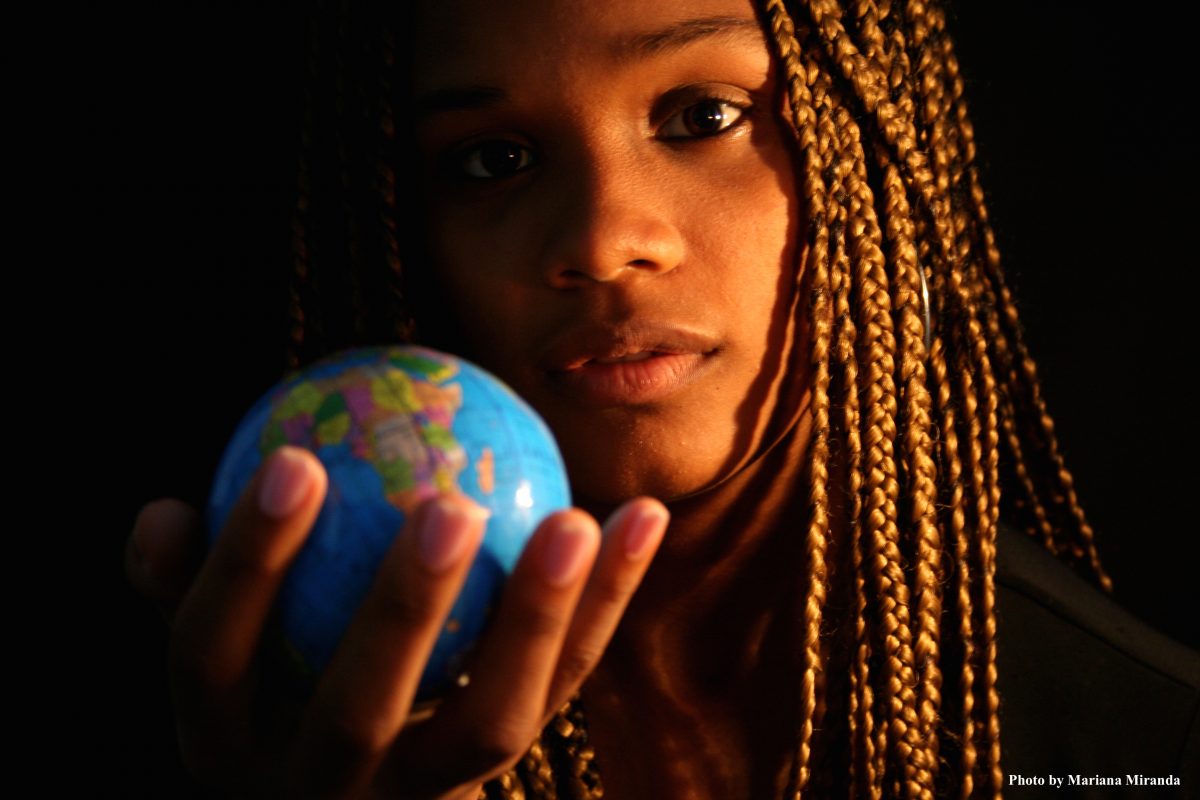Cachoeira is a city of 30,000 inhabitants in the Bahia’s region of Recôncavo that due to its importance in the colonial period and the economic cycle of sugar cane, Cachoeira has an architectural complex listed as a historical heritage by UNESCO. The city is also known for the strength of the candomblé terreiros. The historicity of Cachoeira, added to the strength and presence of black culture makes the city a true urban marroon community –quilombo.
Cachoeira is a Black city, important in Brazil during the sugarcane cycle and subsequently a site of many Candomblé houses and of one of the oldest Catholic sisterhoods of only Black women in the world, the Irmandade da Boa Morte (The Sisterhood of Our Lady of the Good Death), formed in the 19th century in Salvador, having as its initial objective to contribute to buying the freedom of their siblings who still lived in conditions of enslavement and to offer dignified funerals – for this reason the name Boa Morte (good death). Every year in the month of August the Festa da Boa Morte takes place, a celebration of Nossa Senhora da Boa Morte (Our Lady of the Good Death), in Cachoeira, Brazil. In the year of 2020 the celebration of the Good Death will take place August, 14 and 15.
The fact that the course takes place in the small black city of Cachoeira, which was already economically important during the sugar cane cycle and then during tobacco, and which continues to be historically important because of the presence of black culture through candomblés, the religious sisterhoods, the samba de roda and the cuisine of African origin, allows an integration that does not exist in other localities. Due to these characteristics, the city offers an unparalleled experience, favoring the dialogue between teachers and students and between the students themselves.
Therefore, the decolonial Black Feminist International School is held in a small colonial town in the interior of Bahia, with difficulties in accessing the internet, uber and fast-food. We have been transforming each year, we have learned together that decolonization is not an easy project because it is an unfinished academic political project where each of us needs to be involved, doing much more than understanding the theory, because the project necessarily passes by transforming each of us, how we learn to be, to perceive and to interpret the world.
The experience provided by the decolonial black Feminist International School in the city of Cachoeira is a unique opportunity to know literally another world. In Cachoeira, time is really another, it is the time of those who have not been completely colonized/consumed by the capitalist logic that believes time is money. Many times here we stop time, just to chat. Maniçoba, our typical food takes a day to cook. Sometimes, I think slow-food was invented here. Our way of looking at the world is located in exactly that space that Henrique Dussel described as not entirely colonized by modern Western logic, it is an outer space. All these experiences that when narrated seem anecdotal is just to highlight the importance of the learning provided by Cachoeira. The decolonial black feminist proposal must provoke dislocations.
